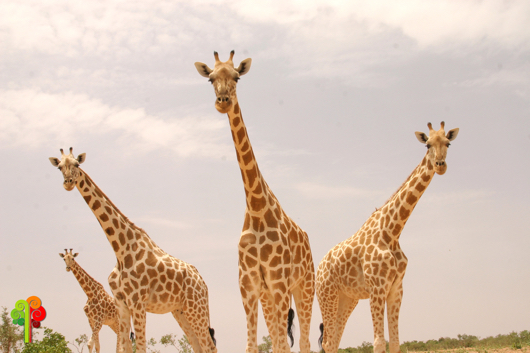Trees are key pillars of the world for both humans and the environment. They benefit us by purifying water, air and creating better social conditions. They benefit the environment by providing homes for various forms of life, cooling our climate and improving our soil.
BENEFITS OF PLANTING TREES FOR HUMANS

WATER
Purification
Trees purify water and slow down rain by filtering it with their roots. This process prevents erosion and reduces the risk of saturation and flooding.
Water Supply
Roughly 1/3 of the world’s largest cities rely on protected forest areas for a large proportion of their drinking water. This includes cities such as New York and Singapore.
AIR
Oxygen Production
Trees and forests are often referred to as the ‘lungs of the planet’ for a very simple reason: they produce oxygen. It is estimated that 1 acre of trees can provide the oxygen requirements of 12 people for a year.
Absorb Harmful Gases
In addition to absorbing CO2, trees also absorb harmful pollutant gases such as sulphur dioxide, ozone, ammonia, carbon monoxide and nitrogen oxides.
Cooling
Trees cool the surrounding air by providing shade and by a process called transpiration cooling. This is where trees release water droplets from their leaves that cool the surrounding area when they evaporate.


SOCIAL BENEFITS
Medical Properties
We derive many medicines from tree bark, leaves and flowers of different species. These are usually used in herbal medicine, but many compounds in pharmaceutical industries are based on those originally extracted from trees.
Developing World
Many of the world’s extreme poor live close to a forested area. Food, drink and equipment obtained from these forests can account for up to 28% of total household earnings in some tropical and subtropical regions.
Mental Health
Trees and nature have been shown to improve mental health and cognition in both healthy individuals and those suffering from mental illness.
BENEFITS OF PLANTING TREES FOR THE ENVIRONMENT

FAUNA
Homes
Forests support approximately 80% of the world’s terrestrial biodiversity. This ranges from small invertebrates to large mammals.
Insects
Trees also support large numbers of insect populations, with some trees such as Birch and willow supporting upwards of 300 species of insect.
Prevents Extinction
As many as 100 species a day could go extinct from the loss of closed tropical rainforests.
CLIMATE
Carbon Capture
Natural forests capture CO2, acting as carbon sinks. Every year, forests and trees absorb the equivalent of 2 billion tonnes of CO2, roughly 1/3 of all CO2 released from the burning of fossil fuels.
Carbon Storage
Deforestation enhances climate change by releasing stores of CO2. Roughly 18% of global emissions comes from deforestation (5-10 GtCO2e) which is more than the world’s entire transport sector.


SOIL
Protection
Trees make soil less vulnerable to erosion. The tree canopy also provides protection for the soil underneath.
Nutrient Recycling
Tree detritus (often in the form of fallen leaves) enables nutrient recycling between the trees and soil.
Soil Structure
Tree roots both loosen the topsoil and increase the porosity in the subsoil. Also, the reliable source of carbon from perennial trees benefits the microorganism in the soil which binds the soil particles together improving structure.
